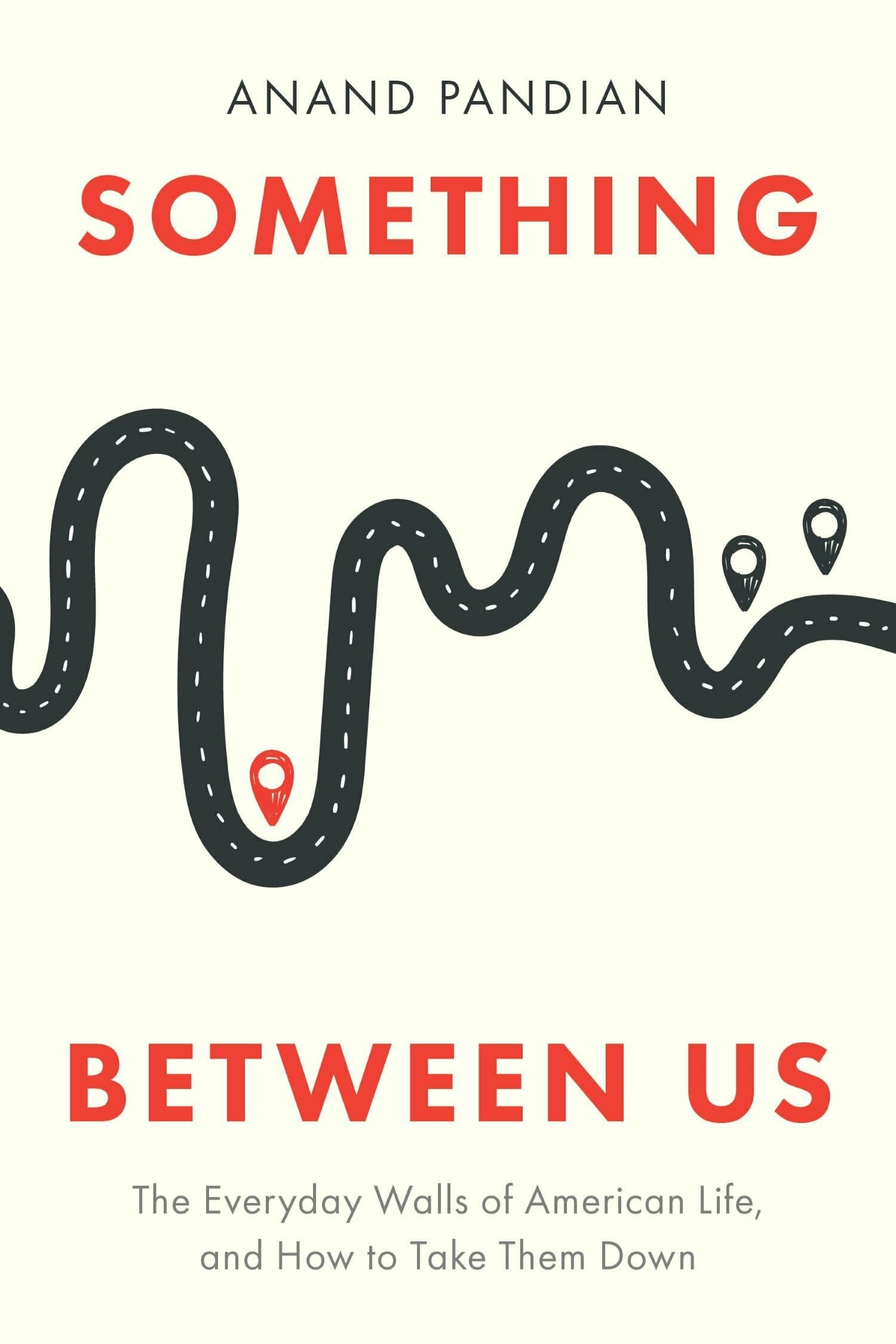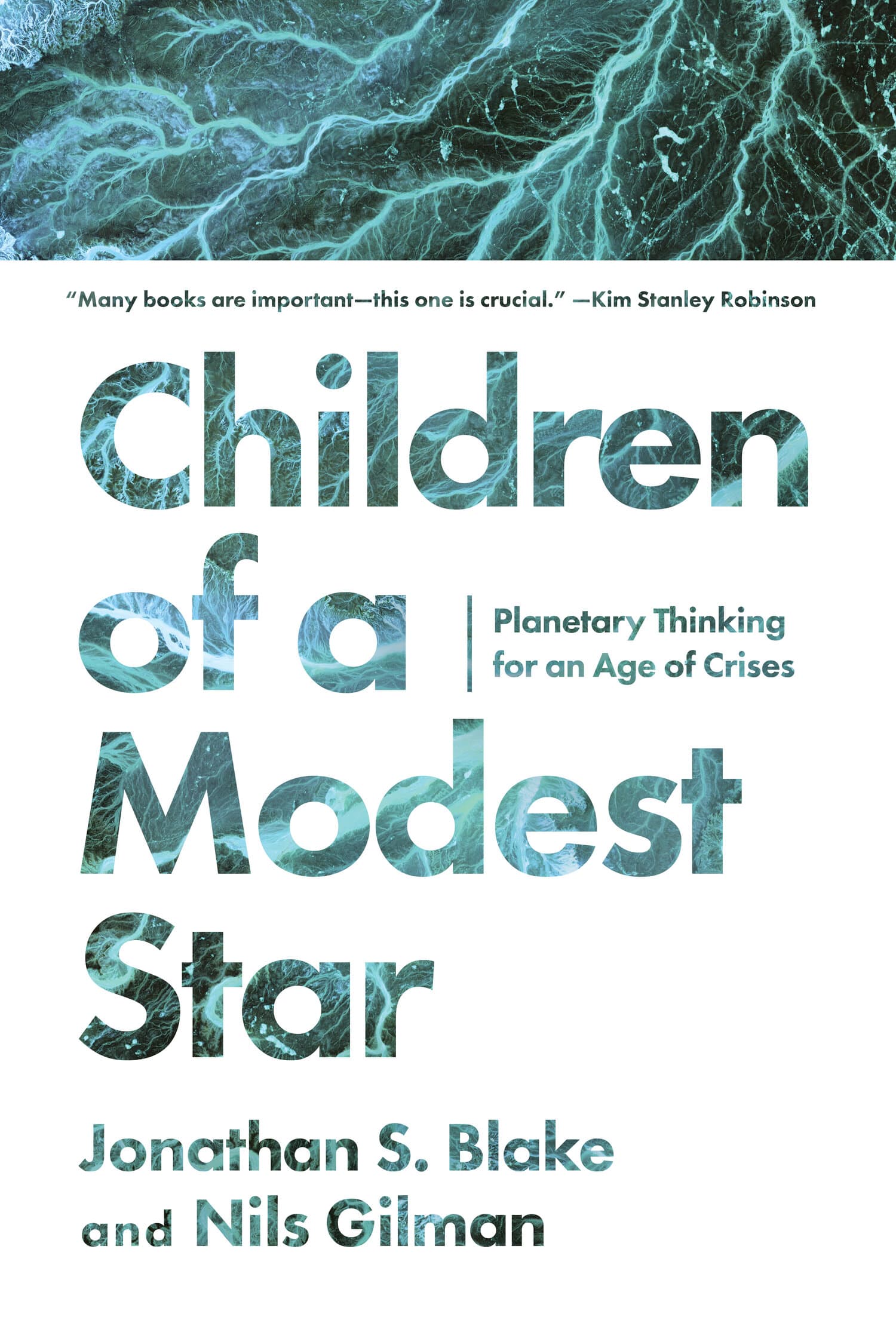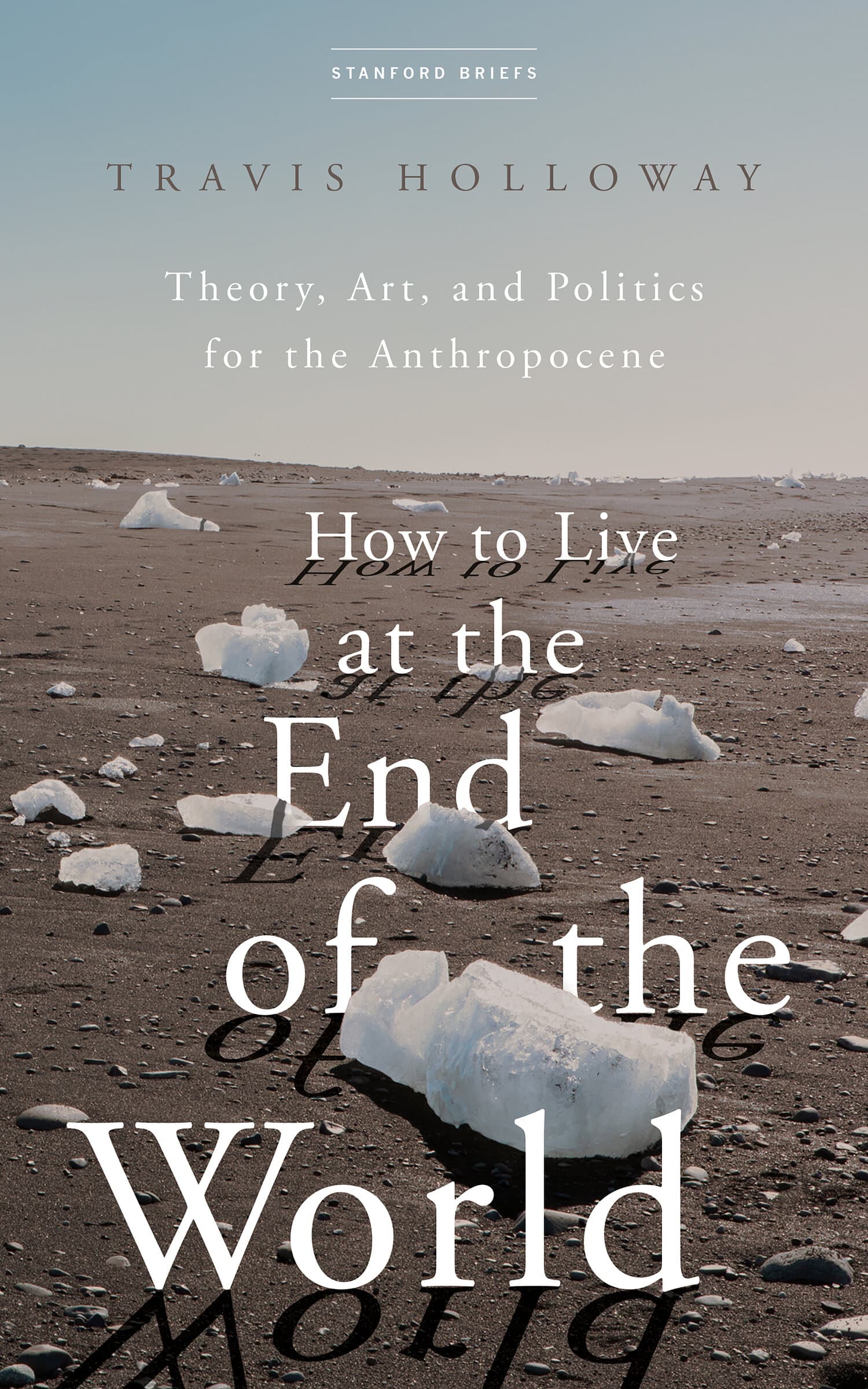Impasse

A Next Big Idea Club "Must Read" for August 2025!
We need a new realism in the face of global climate catastrophe.
Extreme heat, fires, floods, and storms are transforming our planet. Yet instead of serious responses from world leaders, we get increasing emissions, divisive politics, and ersatz solutions that offer more of the same: more capitalism, more complexity, more "progress."
The impasse we face is not only political and institutional, but cognitive, existential, and narrative. We're incapable of grasping the scale, speed, and impact of global warming. Our brains can't make sense of how radically our world is changing. And we optimistically cling to a civilizational narrative that promises a better tomorrow if we just keep doing what we're doing.
It's well past time, Roy Scranton argues, to free ourselves from our dangerous and dogmatic faith in progress. Such unwarranted optimism will only accelerate our collective disintegration. If we want to have any hope at all for the future, it must be grounded in a recognition of human limits—a view Scranton calls ethical pessimism.
Drawing from psychology, philosophy, history, and politics, as well as film, literature, and personal experience, Scranton describes the challenges we face in making sense of our predicament, from problems in communication to questions of justice, from the inherent biases in human perception to the difficulties of empirical knowledge. What emerges is a challenging but ultimately hopeful proposition: if we have the courage to accept our limits, we may find a way to embrace our unknowable future.
—Elizabeth Kolbert, author of The Sixth Extinction
"The Holocene is over, and with it many of the stories we have told ourselves about agency, the enlightenment, progress, and even the nature of civilization. So argues Roy Scranton in his powerful new book, Impasse. Standing firmly against the dominant American social position that we must be optimistic—we must 'remain hopeful—' Scranton argues that an objective pessimism may just be our best tool for addressing and moving forward in the climate crisis. A powerful and provocative work."
—Naomi Oreskes, author of The Big Myth: How American Business Taught Us to Loathe Government and Love the Free Market
"Roy Scranton brings enormous erudition and a great deal of philosophical sophistication to bear on some of the knottiest aspects of our accelerating planetary crisis. In this stark and unflinching book, he shows that the global elite's reliance on technological fixes and economic growth only produces misleading and dangerous delusions. He argues instead that it is necessary at this juncture to embrace a new kind of realism—an 'ethical pessimism' that acknowledges human limitations and the fragility of our world."
—Amitav Ghosh, author of The Nutmeg's Curse: Parables for a Planet in Crisis
"Scranton's work is imaginative, intelligent, courageous, and honest in a rare way, and Impasse is a well-researched and, in some ways, even inspiring exploration of pessimism. Even those disagreeing with Scranton's argument will come away enriched."
—Dipesh Chakrabarty, author of The Climate of History in a Planetary Age
"Roy Scranton has written an elegant and elegiac mediation on climate change. Literary, philosophical, and by turns fiercely political and searingly personal, Impasse is an extraordinary book."
—Wendy Brown, author of In Ruins of Neoliberalism
"Roy Scranton is one of the few essential environmental writers. In this wise and learned book, he pleads for us to leave behind the happy talk, denial, and climate 'solutionism' of the last half century and look reality squarely in the eye. Only making this leap will enable us to live ethically in the world we are making and bequeathing to our children."
—Dale Jamieson, author of Reason in a Dark Time
"What comes after the necessary pessimism of our times?, Scranton asks. Impasse pushes us down, drowning, into viscous significations, choking us, knowing only our drowning, but there, at the end, we see it: 'the hope that life might be worth living after the end of the world. 'I'm not sure we have a choice."
—Anna Tsing, author of The Mushroom at the End of the World: On the Possibility of Life in Capitalist Ruins
"Provocative... readers will find startling insights here."
—Publishers Weekly
"Impasse succeeds in its aim of candidly assessing our planetary predicament and offering a realistic, ethical way forward. Its achievement lies not in offering solutions—since Scranton persuasively argues that none exist—but in clarifying the nature of the bind we are in and offering a way to live meaningfully within it."
—Frank Kaminsky, Mud City Press
"In Impasse: Climate Change and the Limits of Progress, Roy Scranton dispenses with the pieties of climate discourse – hope, innovation and 'net zero' platitudes – and offers something far rarer: an unflinching case for ethical pessimism."
—Rhoda Feng, Times Literary Supplement




